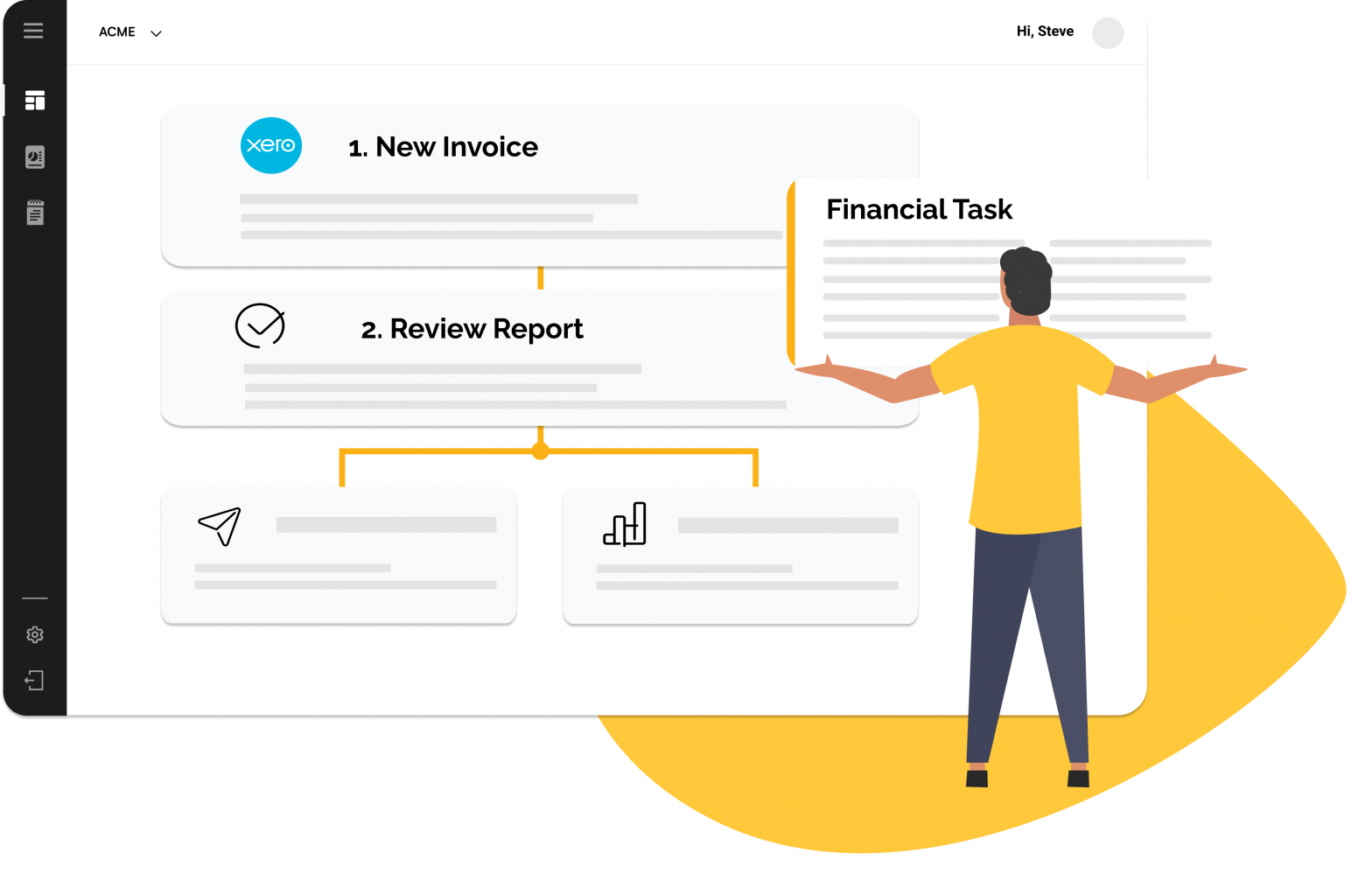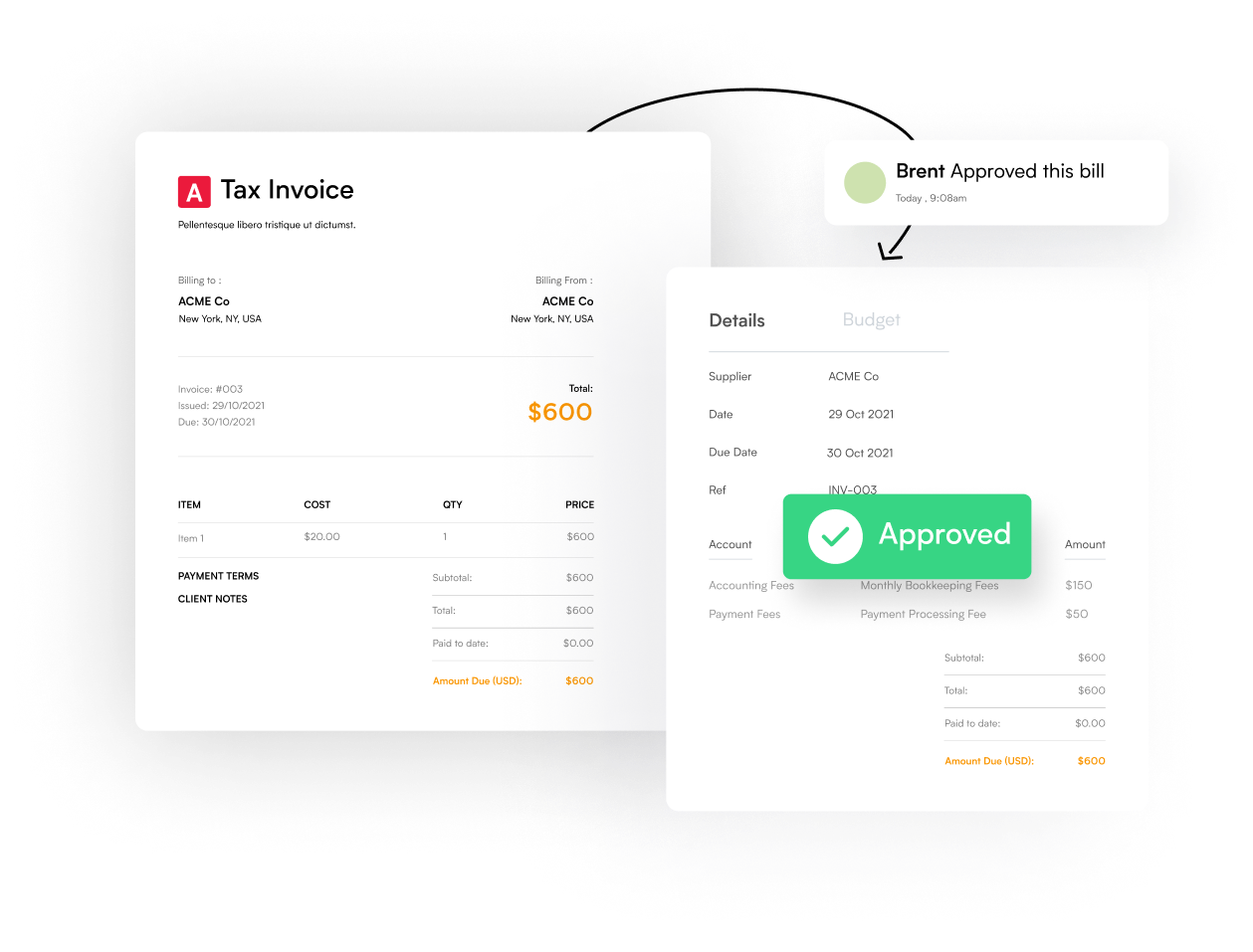
Table of Content
As technology continues to evolve, more and more businesses are realizing the benefits of integrating artificial intelligence (AI) into their operations. One area where AI can be particularly useful is in accounting. In this blog post, we will explore how AI can help accountants automate their workload, freeing up their time to focus on more strategic work.
Automating Data Entry and Analysis
One of the primary areas where AI can be used in accounting is in automating data entry and analysis. For example, AI can be used to read and interpret invoices, receipts, and other financial documents, allowing accountants to spend less time manually entering data into spreadsheets. AI can also help identify patterns and trends in financial data, allowing accountants to make more informed decisions about budgeting, forecasting, and financial planning.
Improving Accuracy and Reducing Errors
AI can also help improve the accuracy of accounting work and reduce the risk of errors. By automating data entry and analysis, AI can help eliminate the human error that can occur when accountants are manually entering data into spreadsheets. Additionally, AI can help identify potential errors and anomalies in financial data, allowing accountants to catch and correct mistakes before they become bigger problems.

Automate Your Finances with Synced in Minutes!
Enhancing Fraud Detection
Another area where AI can be particularly useful in accounting is in enhancing fraud detection. AI can be used to analyze financial data and identify patterns that may indicate fraudulent activity, such as unusual transactions or suspicious behavior. By catching fraudulent activity early, accountants can help protect their businesses from financial loss and reputational damage.
Streamlining Auditing Processes
Finally, AI can also help streamline auditing processes. By automating data entry and analysis, AI can help auditors quickly identify potential issues and anomalies in financial data, allowing them to focus their efforts on investigating and resolving these issues. This can help speed up the auditing process and reduce the time and resources needed to complete audits.
In conclusion, AI can be a valuable tool for accountants looking to automate their workload and focus on more strategic work. From automating data entry and analysis to enhancing fraud detection and streamlining auditing processes, AI has the potential to revolutionize the field of accounting. As more businesses begin to adopt AI technology, it will be important for accountants to stay up-to-date with the latest developments and continue to find new ways to leverage AI to improve their work.




